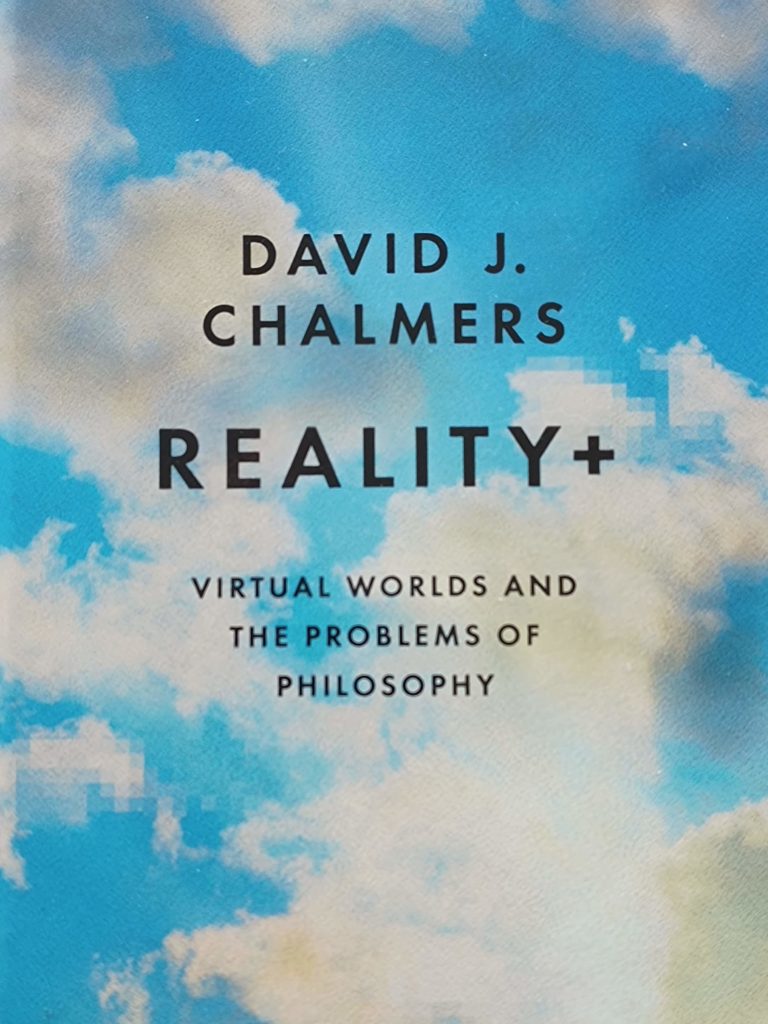
Reality+ is a compendium of half-baked speculation: part science fiction, part wishful techno-utopianism. The whole book is based on one very contentious, if not indefensible, premise: that it is possible for a simulated consciousness to actually be conscious.
Now, if it were possible for a simulated consciousness to actually be conscious, then the Simulation Hypothesis could imply that we ourselves are simulated beings in a simulated world. This is the territory that Reality+ explores. If it is possible, then lots of fascinating philosophical problems come up. What if somebody makes a perfect simulation of me? That simulation will think it’s the real me. But I am the real me. Or am I? What if somebody makes two simulations of me? Or three? Or a billion?
All very interesting. But the book offers no evidence that simulated consciousness is possible. In fact, nobody knows how consciousness works or even what it is. There is no evidence to suggest that just simulating computation could produce consciousness. Lots of people believe this, but it does seem to be a matter of faith rather than science.
Regardless, Chalmers and many others insist that it is possible that we are living in a simulation. Some even try to argue that we might be able to prove that we are simulated by somehow discovering anomalies in our (simulated) world. But even this is preposterous! All such ideas are premised on the idea that the higher-level reality that simulates us is basically the same. When you think about it, that seems very unlikely. (I mean, the entire idea is far-fetched, but anyway.) After all, if it were possible for us to simulate consciousness, we would certainly be simulating very basic conscious creatures in a simple, tractable environment. It wouldn’t matter how unrealistic the environment is, since the simulated consciousnesses in it would have nothing else to compare it to.
As time went on, we might be able to simulate more and more complex creatures and worlds. But the idea that it would be possible to simulate our actual observable universe to any significant level of detail, let alone vast numbers of such simulations as required by the Simulation Hypothesis, seems obviously impossible. Extraordinary claims require extraordinary evidence; but that claim has no evidence whatsoever.
All that is to say that if we were simulated beings living in a simulated universe, we should remember that we would have no idea, literally no idea at all, about the nature of the underlying reality: how many dimensions there are, how time works, if there even are such things as dimensions and time. We would certainly have no grounds to draw any conclusions about it from observing our simulated reality.
And anyhow, this still depends on simulated consciousness being possible. If you are prepared (like Chalmers) to take that massive leap of faith, then Reality+ does a good job of discussing the consequences and implications. But if you’re not (like me) then the whole thing just seems like overly-serious speculative fiction.